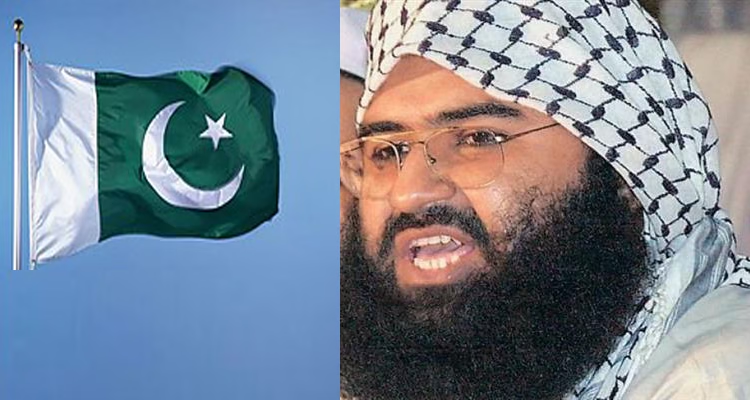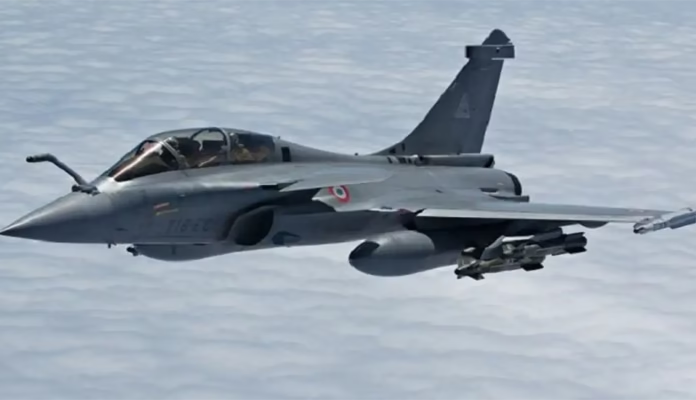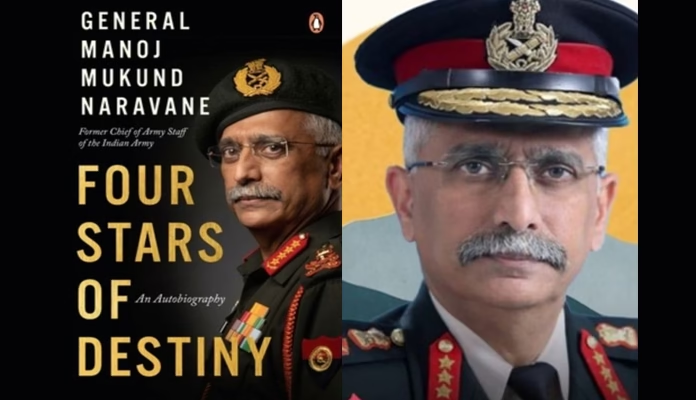
New Delhi: The Pakistani government is facing mounting criticism after reports surfaced claiming it may award Rs 14 crore in compensation to UN-designated terrorist Masood Azhar, the chief of the banned terror outfit Jaish-e-Mohammed (JeM).
The payout reportedly follows the deaths of 14 of Azhar’s family members in Indian airstrikes conducted under Operation Sindoor earlier this month.
According to a report by The Tribune India, Pakistan’s Prime Minister Shehbaz Sharif has approvedRs 1 crore in compensation per deceased individual. If Masood Azhar is officially recognized as the legal heir, he could become the sole recipient of the entire sum. The move has sparked widespread outrage, with critics warning that the decision could send a dangerous signal to terrorist networks operating in the region.
The Indian Air Force carried out the targeted strike just after midnight on May 6, hitting what Indian authorities described as critical terrorist infrastructure in Bahawalpur, Punjab province of Pakistan. The operation specifically targeted the Jaish-e-Mohammed headquarters, situated within the Jamia Masjid Subhan Allah complex, also known as the Usman-o-Ali campus.
The airstrike, codenamed Operation Sindoor, was launched in direct retaliation for the deadly Pahalgam terror attack in Jammu & Kashmir, which Indian officials have blamed on JeM operatives. According to Indian defence sources, the operation was meticulously planned to avoid civilian casualties while neutralizing active terrorist facilities.
While Islamabad has not officially confirmed the disbursement of compensation, Pakistani media reports have quoted a statement attributed to Masood Azhar, naming the deceased as his sister, niece, and several nephews. The Pakistani government has also reportedly pledged to rebuild homes destroyed in the strike, a decision that has drawn sharp criticism from Indian defence officials and international observers alike.
Indian officials argue that providing financial aid to the family of a designated terrorist not only undermines counter-terrorism efforts but could also embolden extremist elements. “Such a move sends the wrong message to terror outfits and jeopardizes regional peace and security,” a senior Indian defence official stated.
The airstrike has reignited global scrutiny over Pakistan’s handling of designated terror groups and its broader role in regional security. Analysts warn that Islamabad’s alleged support, direct or indirect, for internationally sanctioned individuals could further isolate the country diplomatically.
As international pressure mounts, questions continue to swirl about Pakistan’s counter-terrorism commitments and the implications of its domestic policies on regional stability.
Notably, The International Monetary Fund (IMF) has disbursed a second tranche of $1.023 billion to Pakistan under its Extended Fund Facility (EFF), the State Bank of Pakistan announced on Wednesday. This funding, approved by the IMF Executive Board last week, will be reflected in Pakistan’s foreign exchange reserves for the week ending May 16.
The disbursement coincides with the start of virtual talks between IMF officials and Pakistani authorities regarding the upcoming federal budget.




